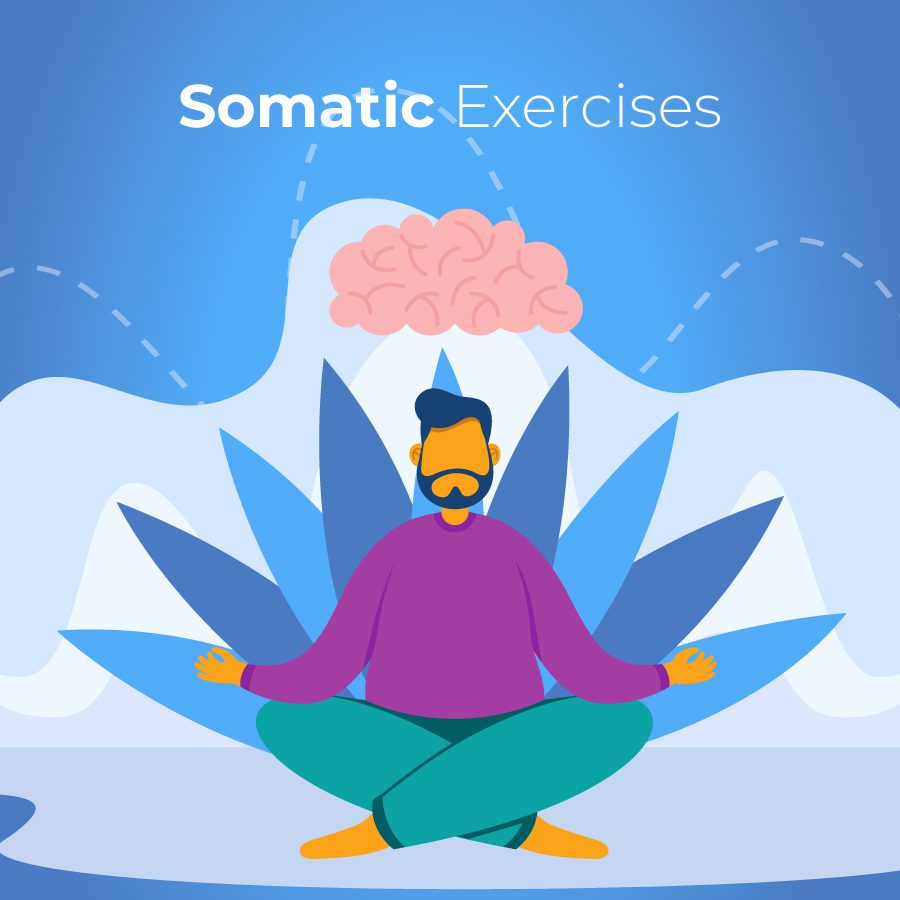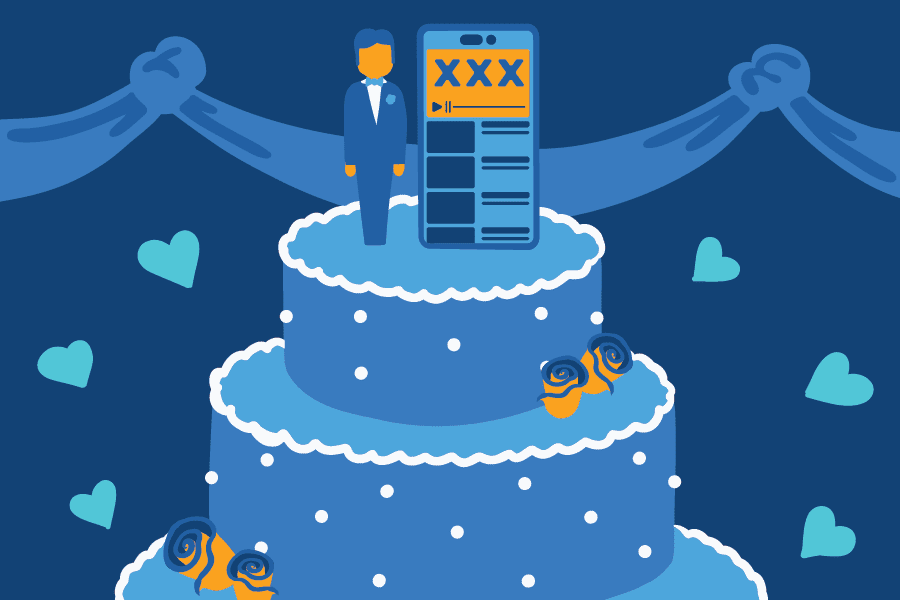Propranolol for Anxiety
Does Propranolol Work for Anxiety?
Yes, propranolol is a beta-blocker that can help those who struggle with anxiety disorders.
Propranolol is known for helping with social anxiety, performance anxiety, situational anxiety, and other mental health conditions.
The use of propranolol can be particularly helpful in treating the physical symptoms of anxiety, such as:
- Shaking
- Rapid heart rate
- Sweating
- Clammy or cold hands
- Shortness of breath
Anxiety is a mental health disorder that affects people of all ages, backgrounds, and ethnicities. Seeking treatment for anxiety through a healthcare professional can help to manage the symptoms.
If you or someone you know is struggling with untreated anxiety, you’re not alone. Our team at Sandstone Care can help.
How Long Does It Take for Propranolol to Work?
The time it takes to start feeling the effects of propranolol depends on things like the dose and the form of propanol that you’ve been prescribed.
Immediate-release propranolol will typically go to work the fastest, and you may start to feel its effects anywhere from 30 minutes to an hour after taking the dose.
It will reach its peak usually between the first hour or so that you take the medication and usually lasts for about 4 to 6 hours.
Extended-release capsules of propranolol take longer to go into effect, and it could take a few hours before you feel it starting to work.
It will typically reach its peak effect between 4 to 6 hours after you’ve taken the dose, and it can last up to about 24 hours.
Your age, your metabolism, and whether you ate before you took the medication can all have an effect on how long it takes this medication to work.
Why Is Propranolol a High-Risk Med?
Propranolol is often considered a high-risk medication because it can sometimes lead to serious side effects, including cardiovascular and blood vessel issues.
Heart problems are some of the most serious side effects that can be associated with this drug. This is especially a risk for those who may already have a medical history of heart conditions.
Some of the most concerning possible risks of this drug include:
- Bradycardia (Slow heart rate)
- Low blood pressure
- Heart failure or heart attack
Because of these risks, many health professionals will opt for a lower-risk medication when prescribing something to treat anxiety.
What Is Propranolol’s Effect on the Brain?
Propranolol helps regulate the body’s stress response by blocking the effect of adrenaline and helping a person to calm down.
It helps to reduce your body’s “fight or flight” response, which can help to reduce anxiety.
Does Propranolol Stop Emotions?
No, propranolol doesn’t stop emotions, but it can lessen the intensity of them.
Can Propranolol Be Addictive?
Propranolol is not typically considered to be addictive because it does not lead to any type of high or the same kind of physical dependence that some people may experience when taking other drugs like benzodiazepines, stimulants, or opioids.
However, some people may develop a psychological dependence upon propranolol and be unable to deal with stress and anxiety without it.
Who Should Take Propranolol
Why Did My Doctor Prescribe Me Propranolol for Anxiety?
Your doctor most likely prescribed you propranolol because it can help manage the physical symptoms of anxiety and regulate your body’s stress response.
Who Cannot Take Propranolol?
Those who have heart conditions or respiratory issues may not be a good fit for propranolol.
Also, those who are already on certain medications that may negatively interact with propranolol should not take propranolol.
This is something that your doctor will ask you about before prescribing this medication to you.
It is also important to keep a close eye on any allergic reactions you may see symptoms of after using propranolol as an antidepressant.
When to Take Propranolol for Anxiety?
If you’re struggling with an anxiety condition like situational anxiety, social anxiety, or performance anxiety, propranolol may be a good fit for you.
What Kind of Anxiety Does Propranolol Help?
Propranolol is particularly helpful for social anxiety, performance anxiety, and situational anxiety.
Does Propranolol Stop Panic Attacks?
Propranolol can help to lessen the physical symptoms of panic attacks like tachycardia, shaking, shortness of breath, or dizziness.
However, propranolol cannot help to address the root cause of what may be causing your panic attacks, especially if you have a panic disorder.
Working with a mental health professional can help with that.
Benefits of Propranolol for Anxiety
How Quickly Does Propranolol Work for Anxiety?
The time it takes for propranolol to work in treating anxiety depends on the dose and the type of medication you’re taking.
An immediate-release capsule form of propranolol will go to work quickly, typically within less than an hour.
It will take an extended-release capsule form of propranolol longer to work, often at least a few hours.
Does Propranolol Make You Relax?
Yes, propranolol can help you to relax by regulating your body’s stress response.
Will Propranolol Stop Me Worrying?
Propranolol will not stop you from worrying but may help to reduce the physical symptoms of worry you experience when you’re anxious.
Does Propranolol Stop Shaky Voice?
Yes, propranolol can help to reduce the shaky voice you may experience when you’re feeling anxious.
This is why it is especially helpful for people who have a fear of public speaking or tend to get performance anxiety.

Is this blog hitting close to home?
We’re here to help.
Side Effects of Propranolol for Anxiety
What Is the Most Common Side Effect of Propranolol?
One of the most common side effects that those who take propranolol experience is fatigue.
However, you may also experience other side effects such as:
- Lightheadedness
- Cold hands and feet
- Digestive issues like nausea and diarrhea
- Sleep problems
- Blood vessel constriction
- Slowed heart rate
Because the side effects of propranolol can be so serious, you should always follow your doctor’s medical advice when taking this medication.
You should also let your doctor know about any medical conditions you may have a history of before taking this medication.
Do Propranolol Side Effects Go Away?
In most cases, the side effects of propranolol will go away after a few weeks once your body has gotten used to the medication.
However, you should still let your healthcare provider know if you experience any of these side effects and keep them in the loop as you continue with the medication.
Does Propranolol Make You Sleepy?
Yes, fatigue and drowsiness are some of the most common symptoms connected with propranolol.
However, not everyone who takes this medication experiences this. Those who experience this tend to experience symptoms that go away after a couple of weeks.
Does Propranolol Cause Weight Gain?
Yes, propranolol can cause mild weight gain for some people.
Propranolol reduces your heart rate, which can have a slight effect on your metabolism.
The weight gain that you may experience while taking propranolol will typically only be between 2 to 6 pounds and happens gradually, not all at once.
Does Propranolol Cause Brain Fog?
Yes, propranolol can cause brain fog or mental “sluggishness” for some people.
However, not everyone experiences this side effect when taking propranolol. It’s believed that this side effect occurs because this medication can have an impact on blood flow to the brain.
Those who are taking high doses of propranolol, who already have sleep problems, or who are sensitive to medications that lower their heart rate are more likely to experience this side effect.
You can usually fix this problem by asking your doctor to reduce your dose or only taking this medication at night before you go to bed.
If you continue to experience this problem, it is always an option to switch to a different anxiety medication.
It is important to always consult a psychiatry professional about any medications you take and to not participate in off-label use without their guidance.
Propranolol Interactions
What to Avoid When Taking Propranolol?
Using propranolol alongside certain other medications can lead to negative side effects or cause the propranolol to not work as effectively.
Some examples of what you should avoid when taking propranolol include:
- Other beta-blockers
- Diabetes medications
- ACE inhibitors
- NSAIDs like ibuprofen or naproxen
- Calcium channel blockers that may lower your heart rate
You should also avoid alcohol while taking propranolol. This is because alcohol can enhance certain side effects of the medication. These side effects may include drowsiness, dizziness, and low blood pressure.
What Medications Cannot Be Taken With Propranolol?
You should not take propranolol with other beta-blockers, calcium channel blockers, ACE inhibitors, or diabetes medications.
You should also not take NSAIDs like ibuprofen or naproxen with propranolol.
Can You Take Ibuprofen With Propranolol for Anxiety?
No, you should not take ibuprofen with propranolol because it can have a counteractive effect on the way propranolol reduces your blood pressure as a side effect of anxiety.
Can You Take Propranolol with Alcohol?
No, you should not take propranolol with alcohol because alcohol can enhance the side effects that you may already experience while taking this medication.
For example, it may enhance feelings of dizziness, drowsiness, and low blood pressure.
Can You Take Adderall and Propranolol?
You should always talk to a doctor before taking Adderall and propranolol together to fully understand how they might interact, especially because they cause opposite effects.
Adderall and propranolol are two different substances that are meant for different purposes. Adderall is a stimulant that helps to increase your dopamine and norepinephrine levels. It stimulates your central nervous system and increases your heart rate and blood pressure.
Propranolol is a beta-blocker. It reduces the effects of adrenaline and lowers your heart rate and blood pressure to treat anxiety.
What to Know Before Stopping Propranolol Use
Is Propranolol Hard to Get Off Of?
Yes, propranolol can be hard to get off of if you try to get off of it too quickly.
Discontinuing propranolol use abruptly can lead to what are called “rebound effects,” and they can be very unpleasant.
Some of these symptoms may include:
- High blood pressure (hypertension)
- A fast heartbeat (tachycardia)
- Chest pain (angina)
- Tremors
- Worsened anxiety symptoms
- Irregular heartbeat
The way that propranolol treats anxiety is by blocking beta receptors in your body. If you stop using this medication suddenly, it can lead to an increase in jitters and other physical anxiety symptoms.
How to Stop Taking Propranolol for Anxiety?
You should never stop taking propranolol without first talking to your doctor.
The safest way to stop taking this medication is by tapering it off gradually with the help of a medical professional. This can be done by slowly lowering your dose over time. Your doctor can help monitor your symptoms as you go about this process.
How Long Does Propranolol Stay in Your System?
How long propranolol stays in your system depends on the medication’s half-life or the time it takes for half of the drug to be processed and eliminated from your body.
The half-life of propranolol is usually around 3 to 6 hours if you’re taking an immediate-release form of the medication. If you’re taking an extended-release capsule, the half-life may be closer to 12 hours.
It will typically take 4 to 5 half-lives before propranolol is completely out of your body. This means that immediate-release propranolol will be out of your system in around 15 to 30 hours.
If you’re taking extended-release propranolol, it may be closer to 2 to 3 days before the drug is fully out of your system.
What Are Propranolol Withdrawal Symptoms?
Propranolol withdrawal symptoms may include worsened anxiety, rapid heart rate, hypertension, tremors, angina, migraines, and shortness of breath.
What Is Better than Propranolol for Anxiety?
The best medication for treating your anxiety depends on the severity of your anxiety, your overall health, and the type of anxiety you have.
Many people benefit from selective serotonin reuptake inhibitors (SSRIs). This includes drugs like Sertraline (Zoloft) and Escitalopram (Lexapro).
Other people may benefit from benzodiazepines like Alprazolam (Xanax) or Lorazepam (Ativan).


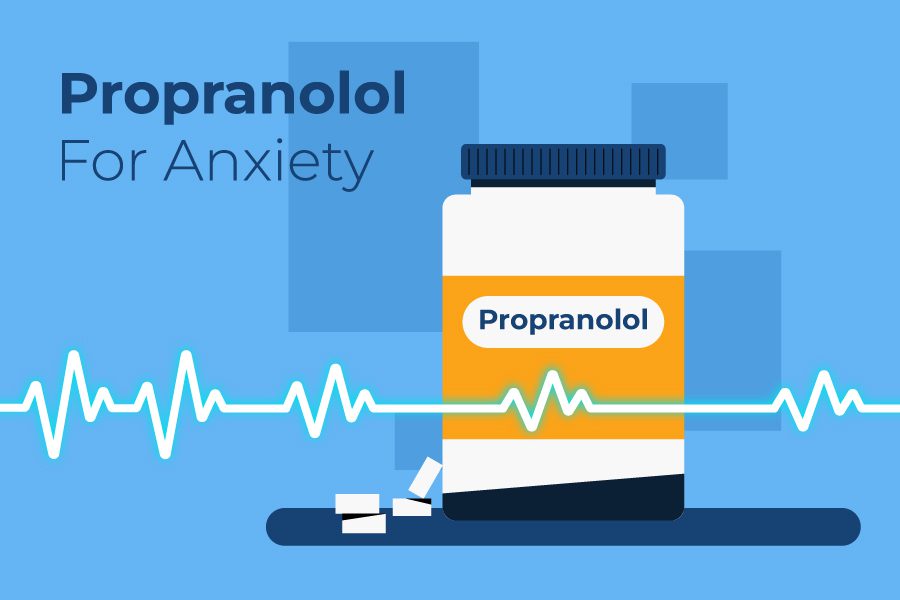
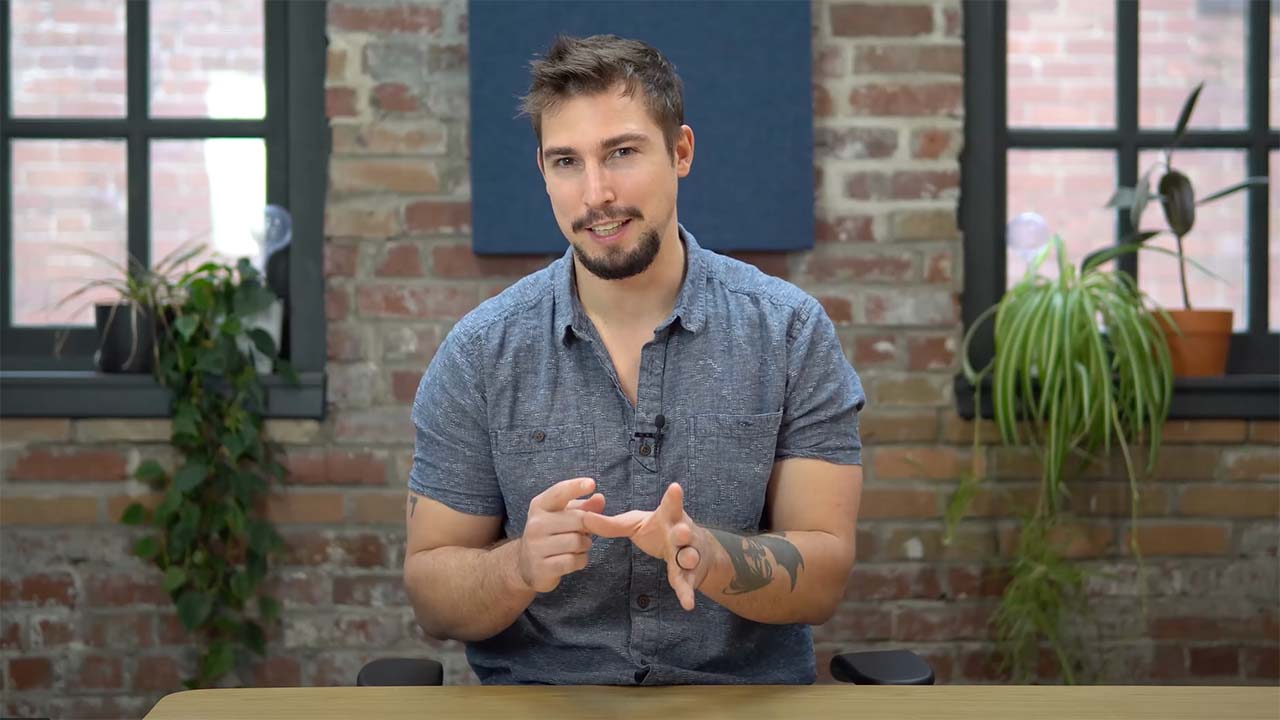
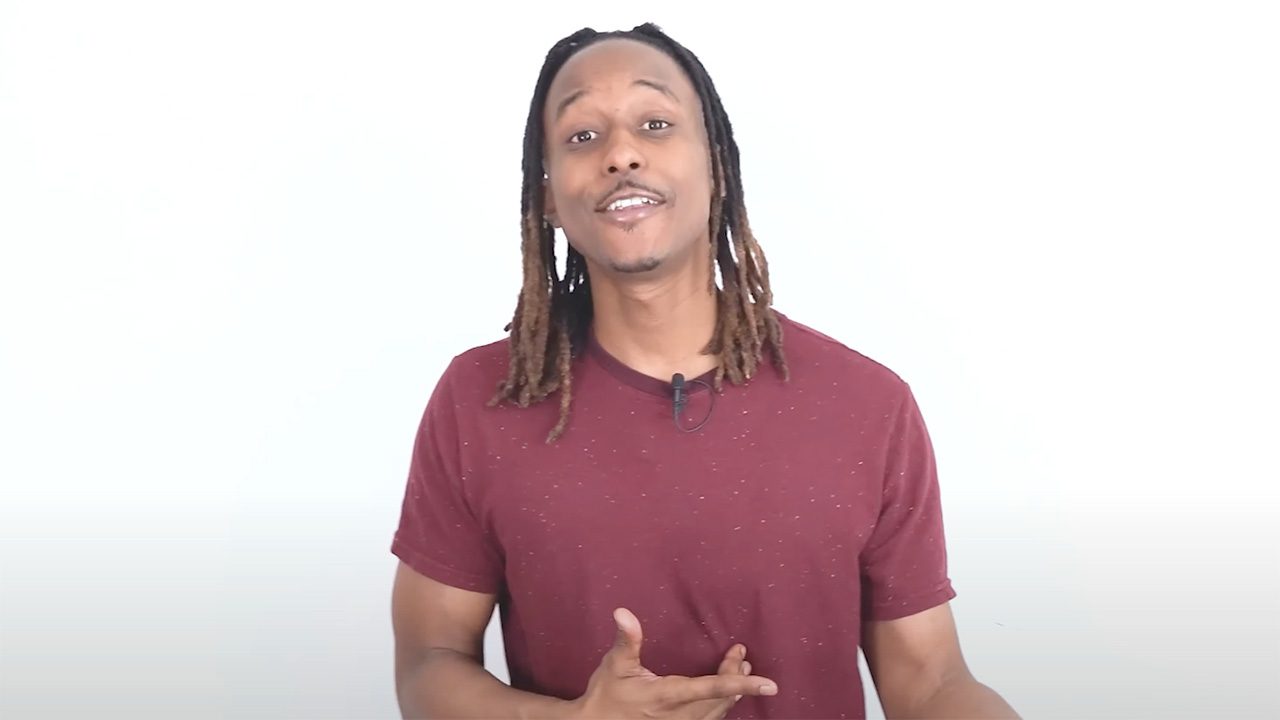

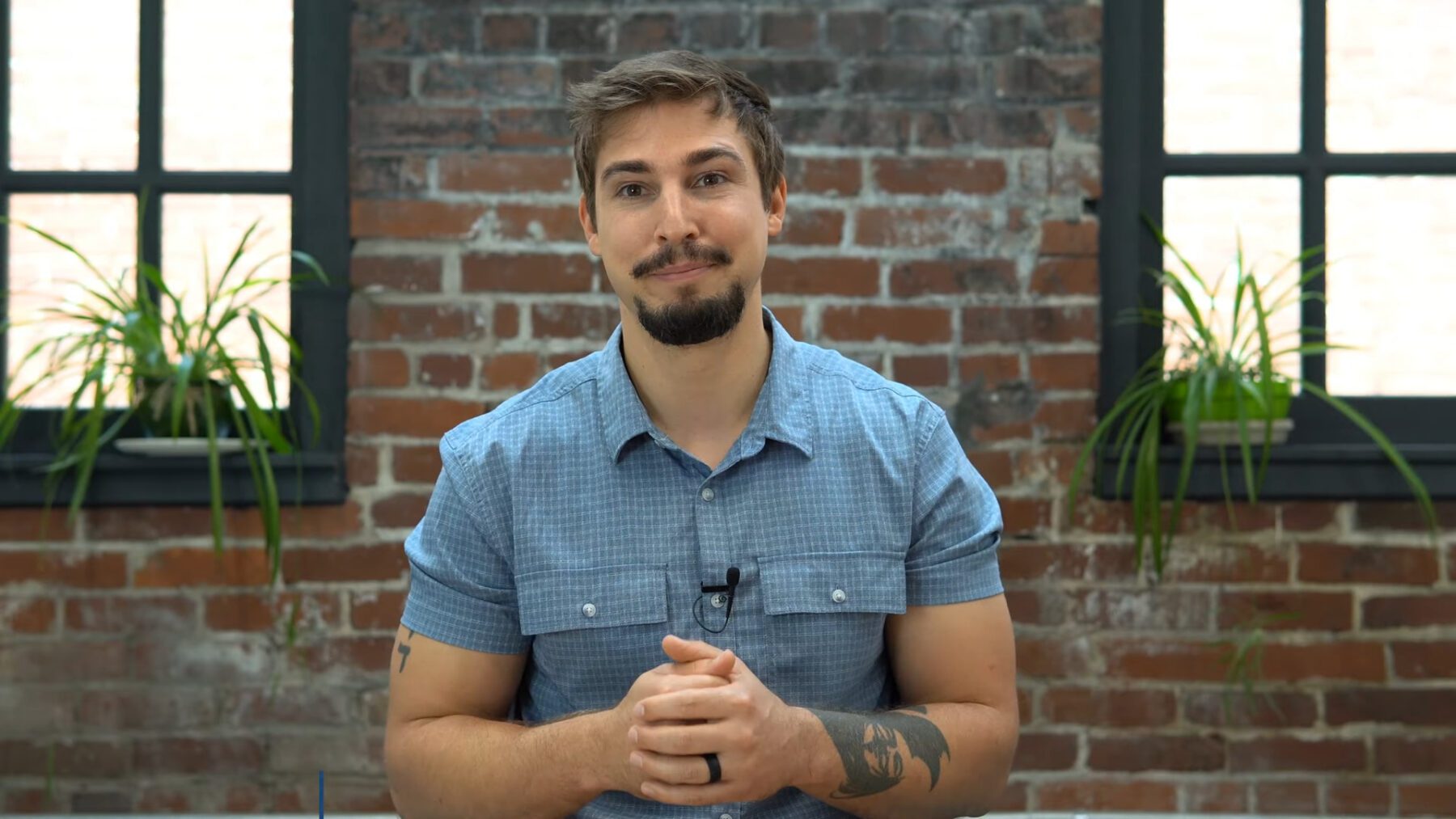


![Sandstone Emotional Incest V2 900×600[47]](https://www.sandstonecare.com/wp-content/uploads/2025/04/sandstone-Emotional-Incest_v2-900x60047-1.jpg)
